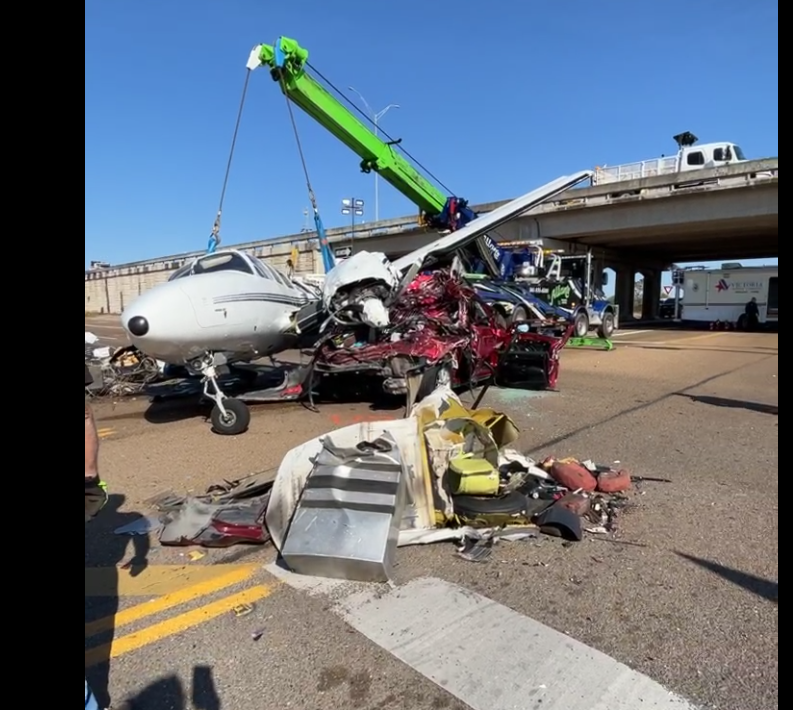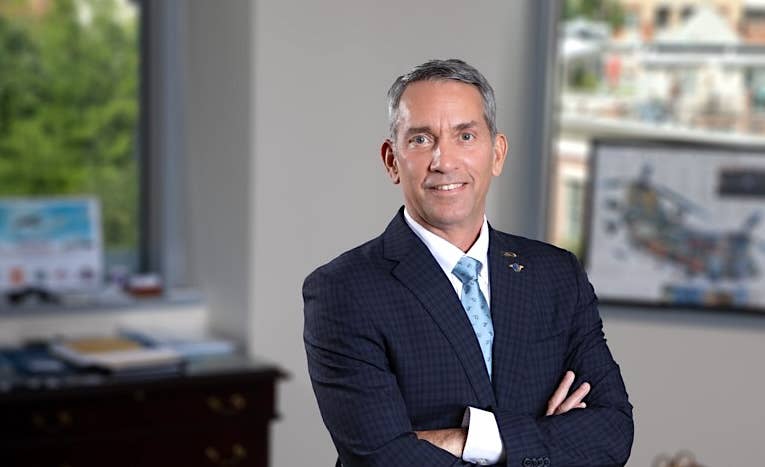Trump And Aviation: Wait And See
Like everything else surrounding the future Donald Trump presidency, the predicted impact on aviation is as varied and as, well, unpredictable as the campaign that led the country to this point. Depending on who is being asked, the predictions range from doom and gloom, through cautious optimism to somewhat less cautious optimism.

Like everything else surrounding the future Donald Trump presidency, the predicted impact on aviation is as varied and as, well, unpredictable as the campaign that led the country to this point. Depending on who is being asked, the predictions range from doom and gloom, through cautious optimism to somewhat less cautious optimism. We didn't find any jubilation among the dozens of aviation reaction stories but the overall theme seemed to reflect a generally positive response with a healthy dose of wait-and-see. Perhaps the most curious, and quickest, reaction came from the National Air Traffic Controllers Association (NATCA). NATCA had a fractious relationship with the Republican administration of George W. Bush but wasted no time welcoming Trump and that could be a reflection of the general belief that Trump will back privatization of the air traffic organization.
"We look forward to working with the new Administration to secure a stable, predictable funding stream for the NAS," NATCA President Paul Rinaldi and VP Trish Gilbert said in a joint statement. "This will be essential to protecting the system and the workforce that safeguards it, while also implementing modernization efforts and providing air travelers the safety and professionalism they deserve." That mirrors NATCA's sentiment when it supported a privatization bid contained in an early version of the current FAA reauthorization but with the House and Senate now both controlled by the Republicans, the kind of legislative gridlock that hampered FAA operations at times in the previous eight years shouldn't be as much of an issue. But the pro-privatization lobby that surfaced earlier this year seems to have been re-energized by the Trump victory.
Rep. Bill Shuster, who championed privatization, won reelection last week and is still the chairman of the House Transportation and Infrastructure Committee. He seemed to be saying there will be another kick at that can with the Trump administration in that the FAA reauthorization expires next September. "Congress must pass an FAA reauthorization bill that modernizes our aging air traffic control system and significantly improves the efficiency of our aviation system," Shuster said last week. The well-organized airline lobby is ready to advance the idea again. "We want to see a reliable ATC funding model - funded by the system users, not political gamesmanship - so that we can plan for the long-term capital improvements the system needs to grow," Airlines For America (A4A) said in a news release last week.
There seems to be widespread hope that airports and other aviation services will get a slice of the trillion dollars Trump has said will be spent on infrastructure improvements. There never seems to be enough money for all the safety and service improvements that airports and associated organizations want to make, but Trump's pledge was to fund projects to "rebuild our highways, bridges, tunnels, airports, schools, hospitals" in his first 100 days in office. What the priorities will be for that funding is anyone's guess.
On the manufacturing side, Trump's often-stated protectionist bent is a concern but his desire to increase military spending is a plus. China was often a target for Trump's protectionist speeches during the campaign and it's also Boeing's biggest offshore market. It's been less attractive for general aviation manufacturers but there remains hope that a huge market could emerge if and when China embraces Western-style aviation.
Trump's protectionism could also manifest in support for U.S. airlines' opposition to the rapid expansion of state-sponsored airlines from the Middle East. International carriers like American, United and Delta have long argued against increased access to American airports by Qatar and Emirates Airlines in particular, saying the carriers are syphoning off customers on lucrative long-haul routes in violation of international standards.
Trump's call for a larger military will likely mean more security for big programs like the new B-21 stealth bomber, the P-8 Poseidon program and new tanker contracts but it could also reach down to innovative initiatives like the Textron Airland light attack Scorpion and armed versions of the T-6 Texan II.
Much has been made of Trump's existing ownership of four private aircraft, the Boeing 757 that crisscrossed the U.S. during the campaign, a Cessna Citation X and two Sikorsky S-76B helicopters. But there's no evidence that the ownership has inspired any particular fondness for private aviation. The 757 is lavishly laid out as an executive aircraft but Trump rarely acknowledges its value as a campaign or business tool.






